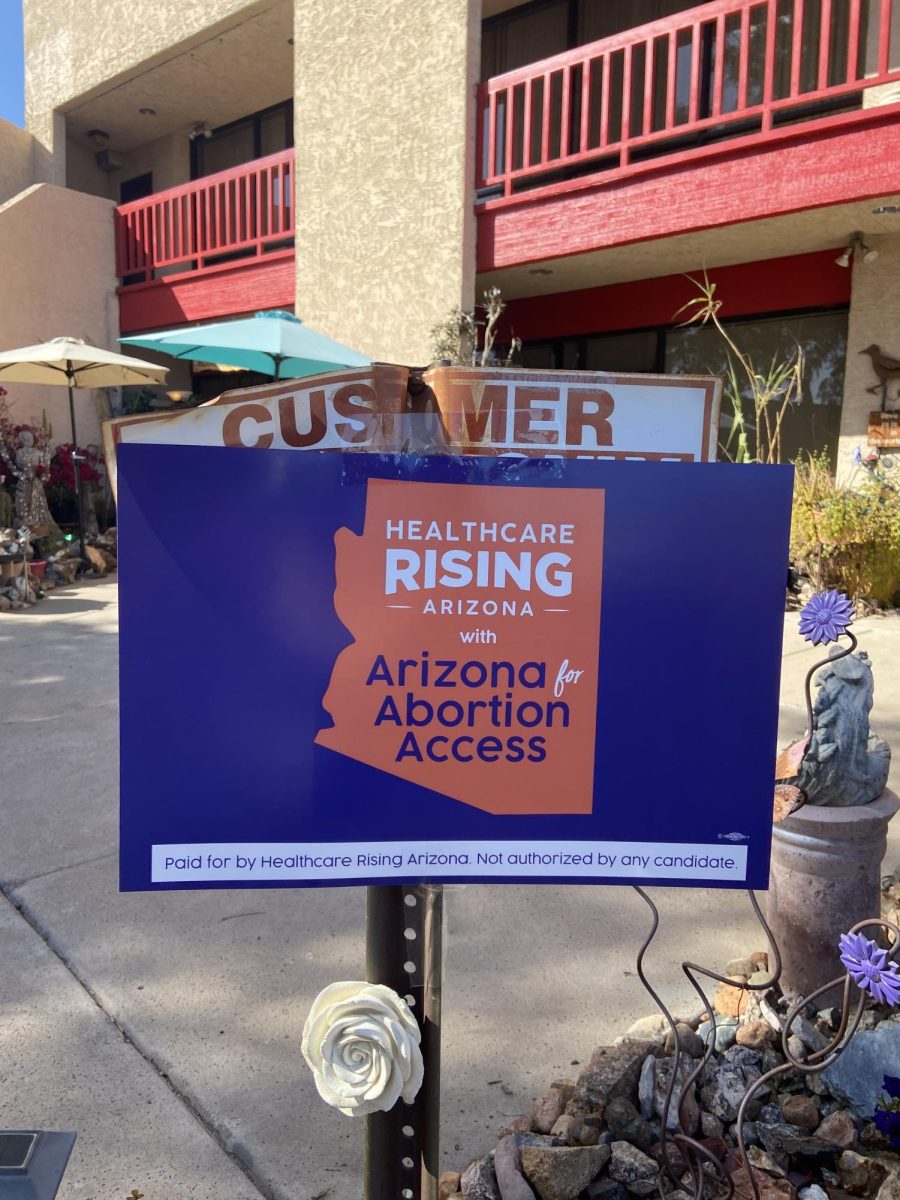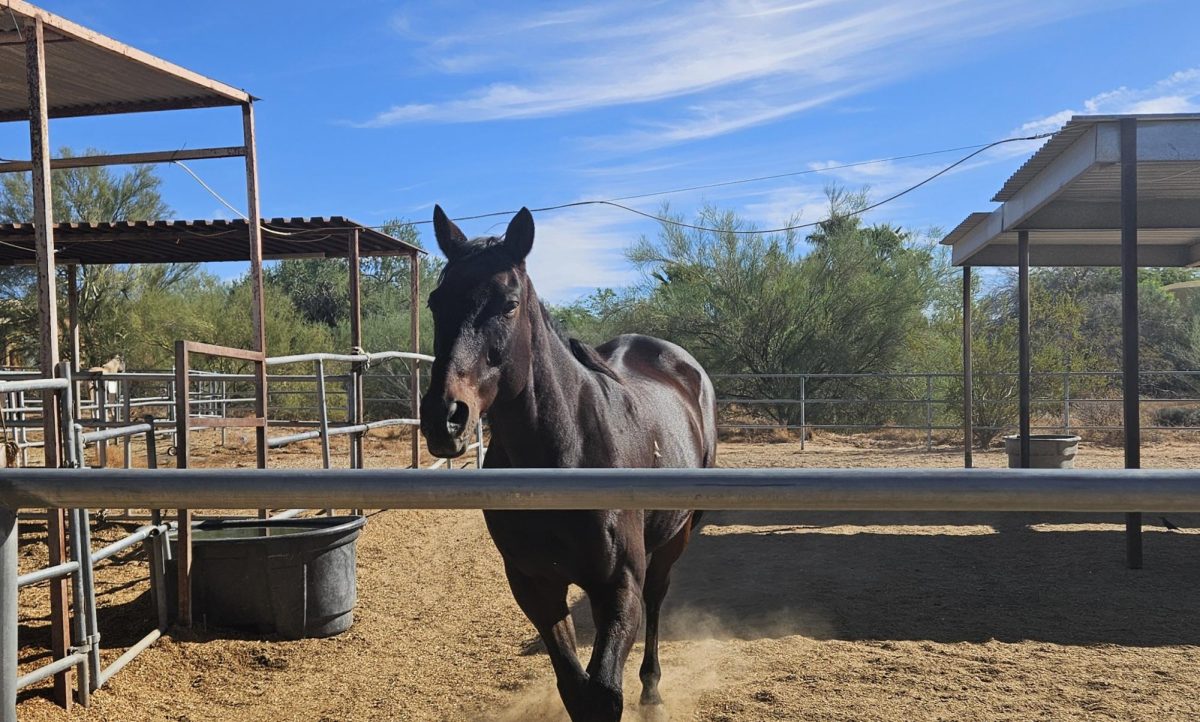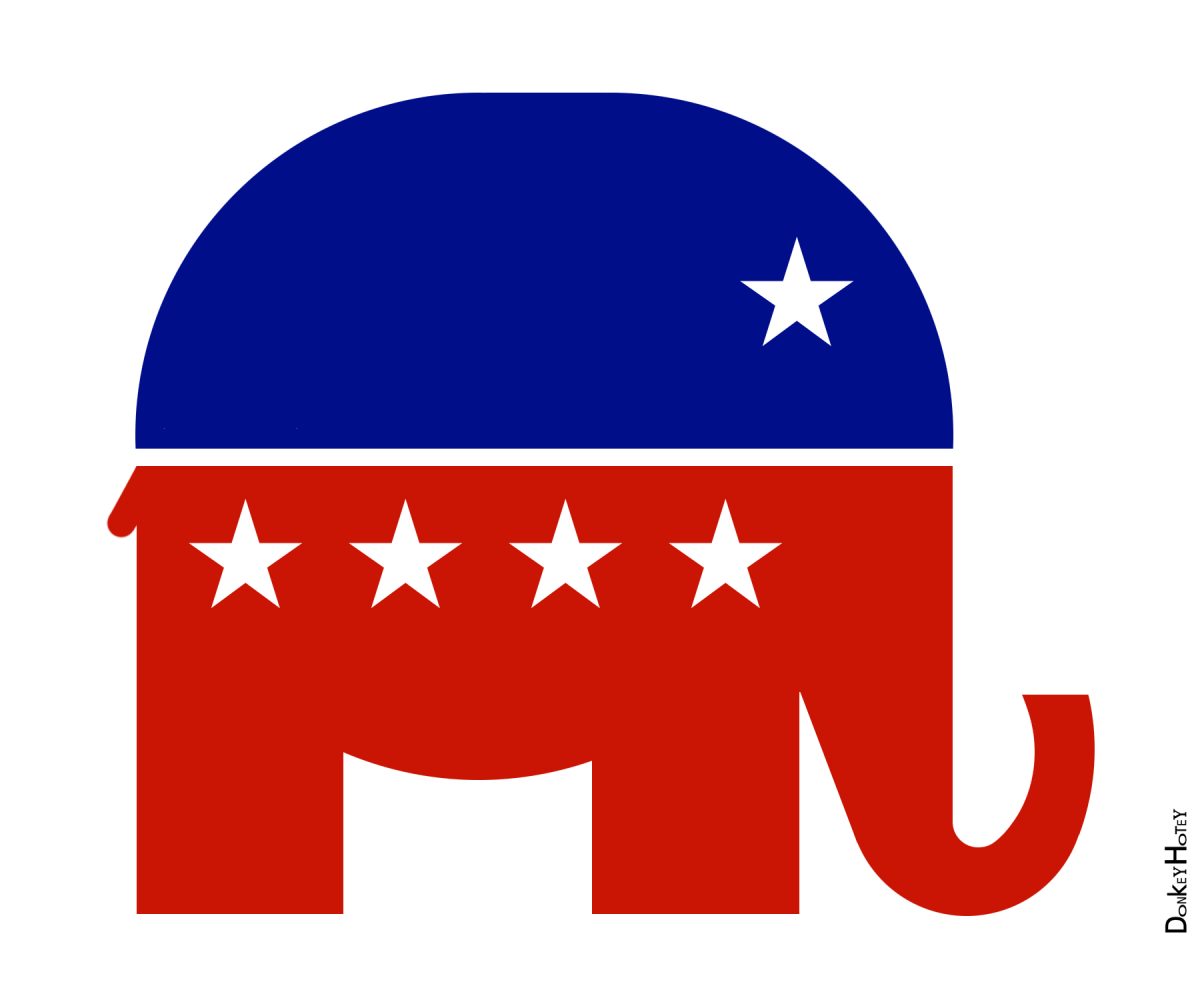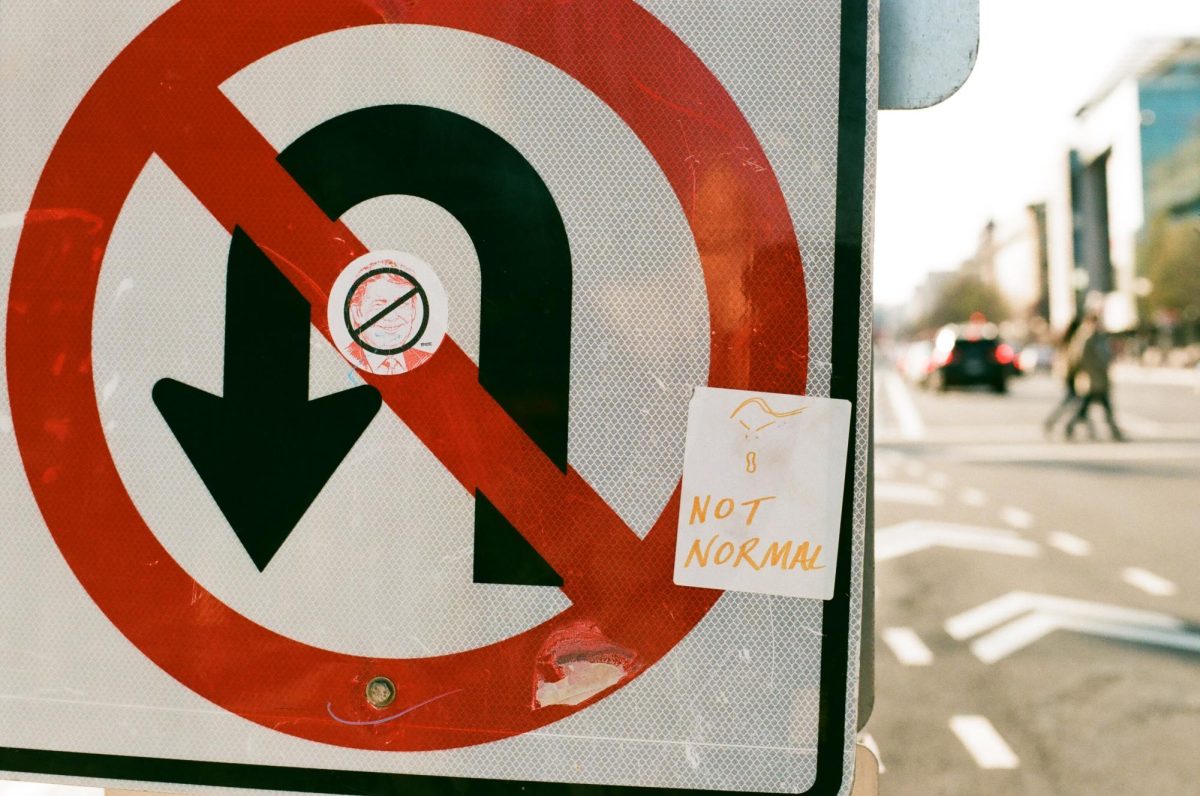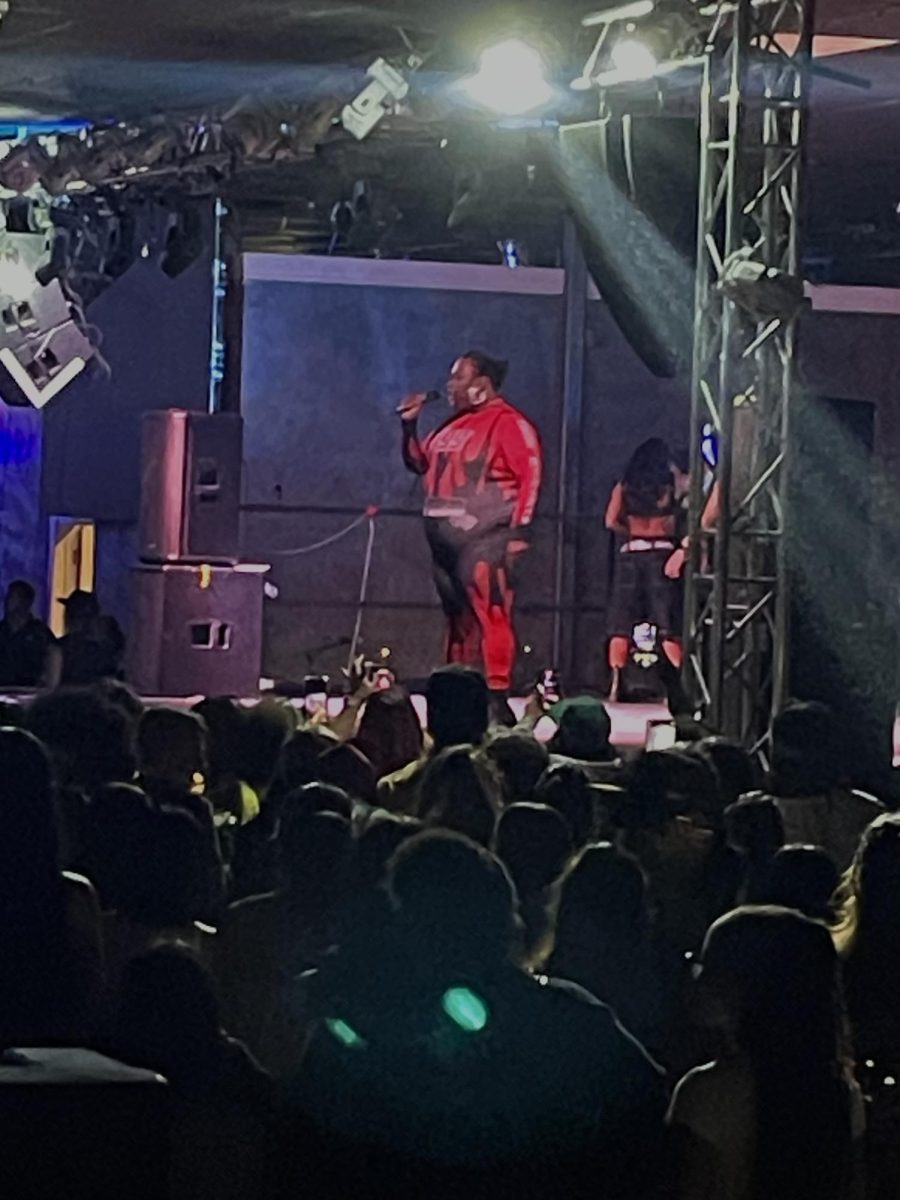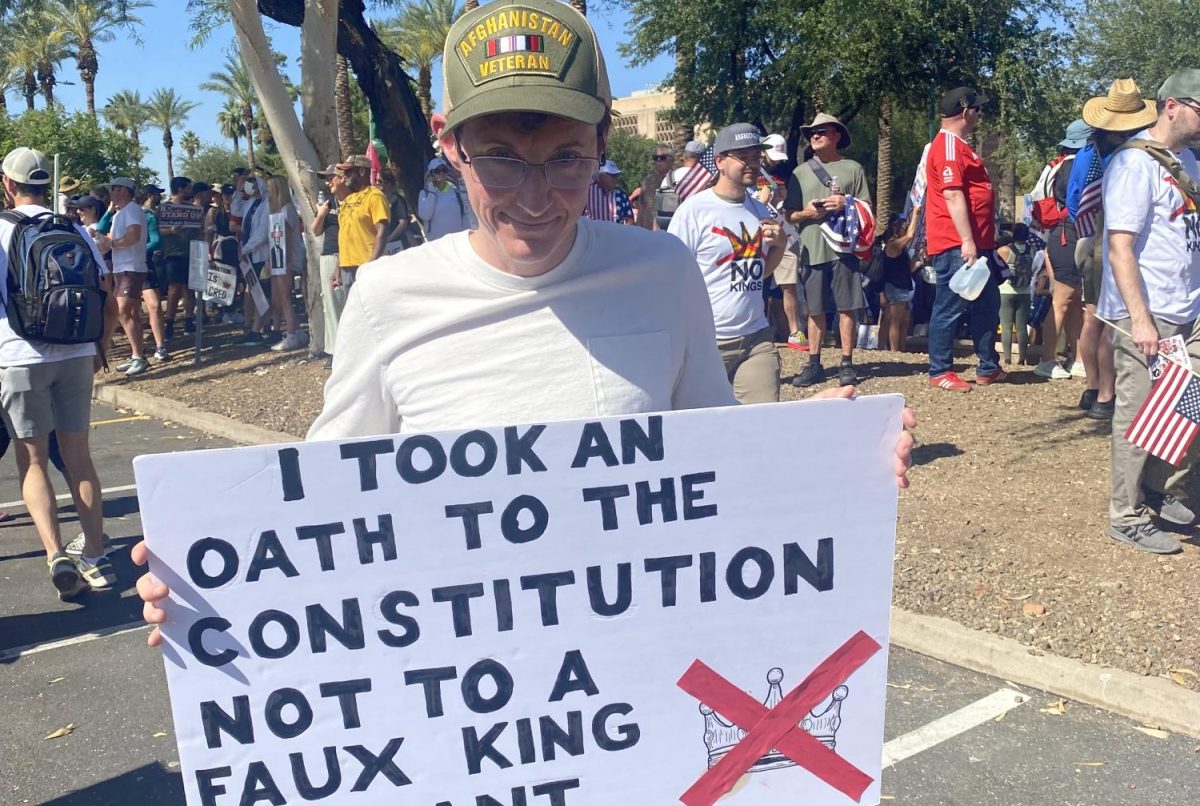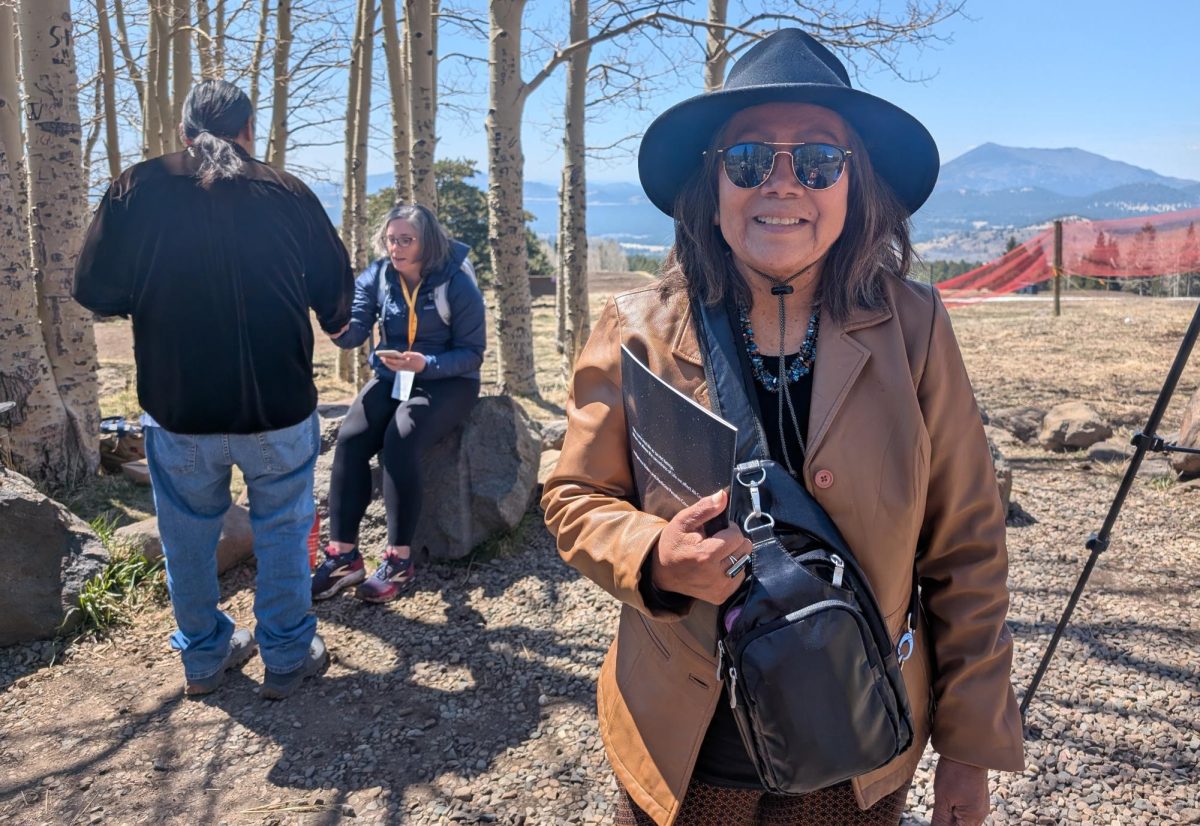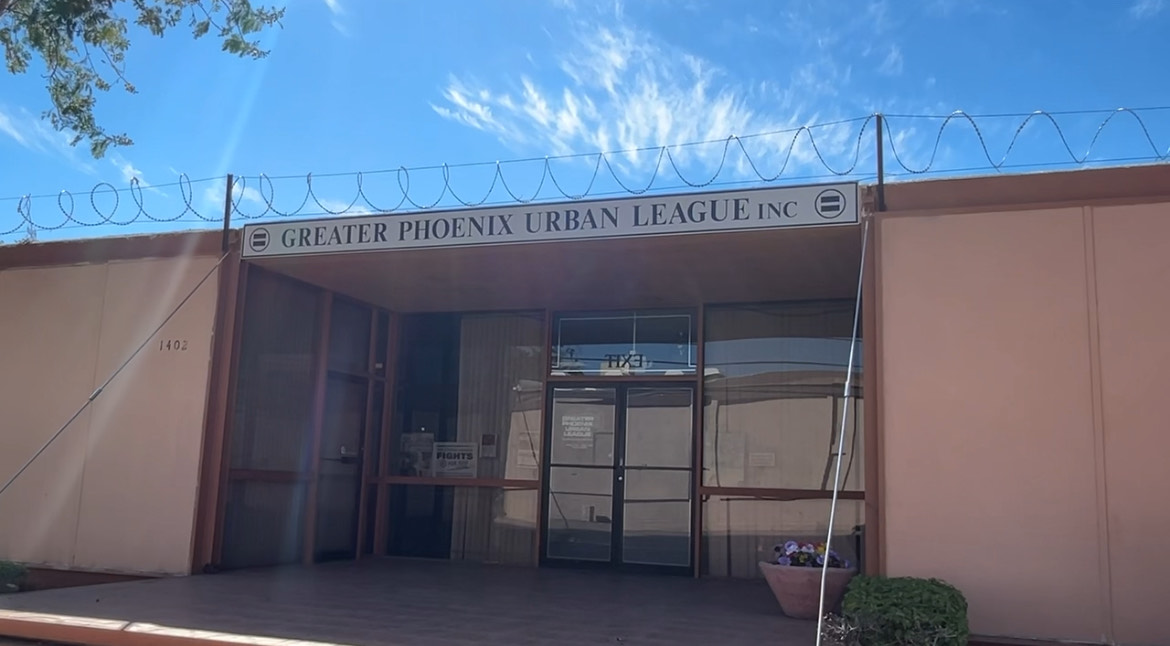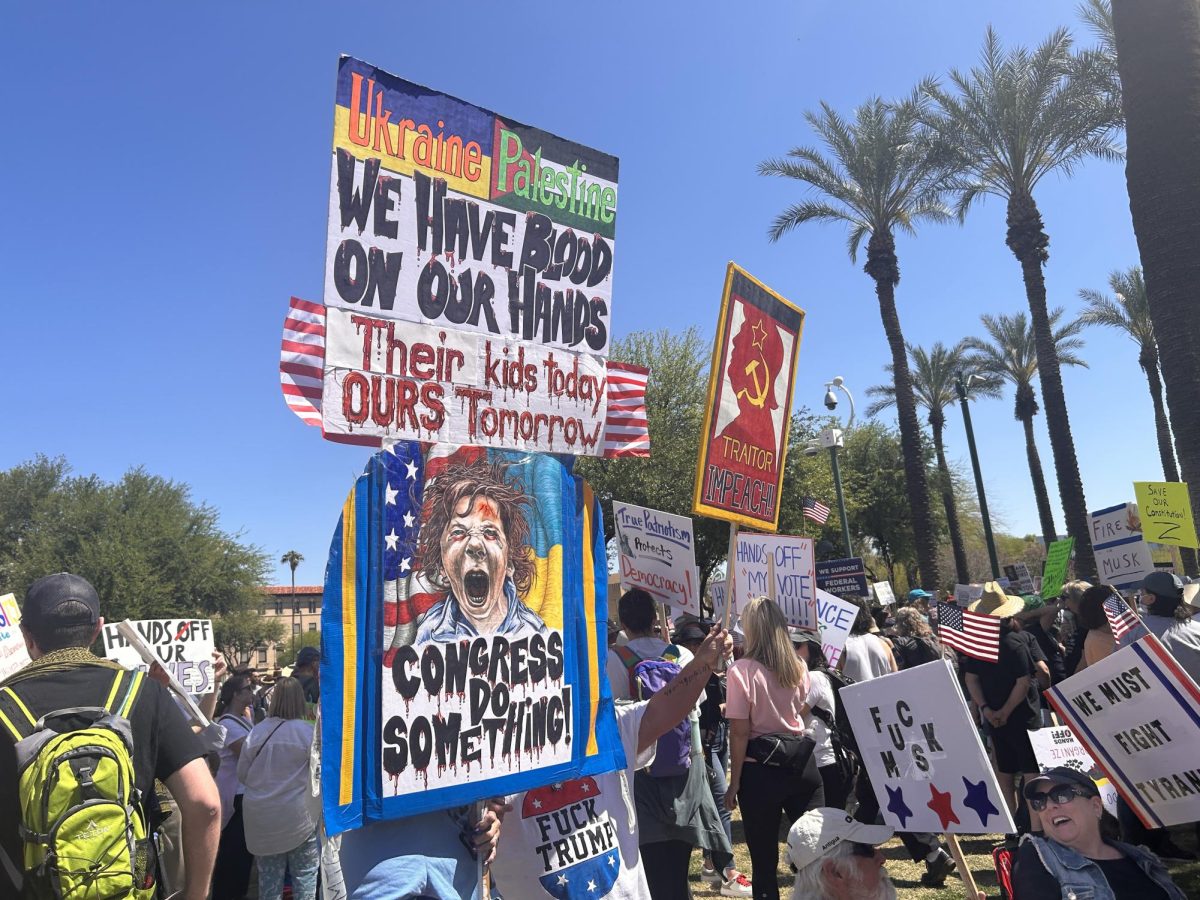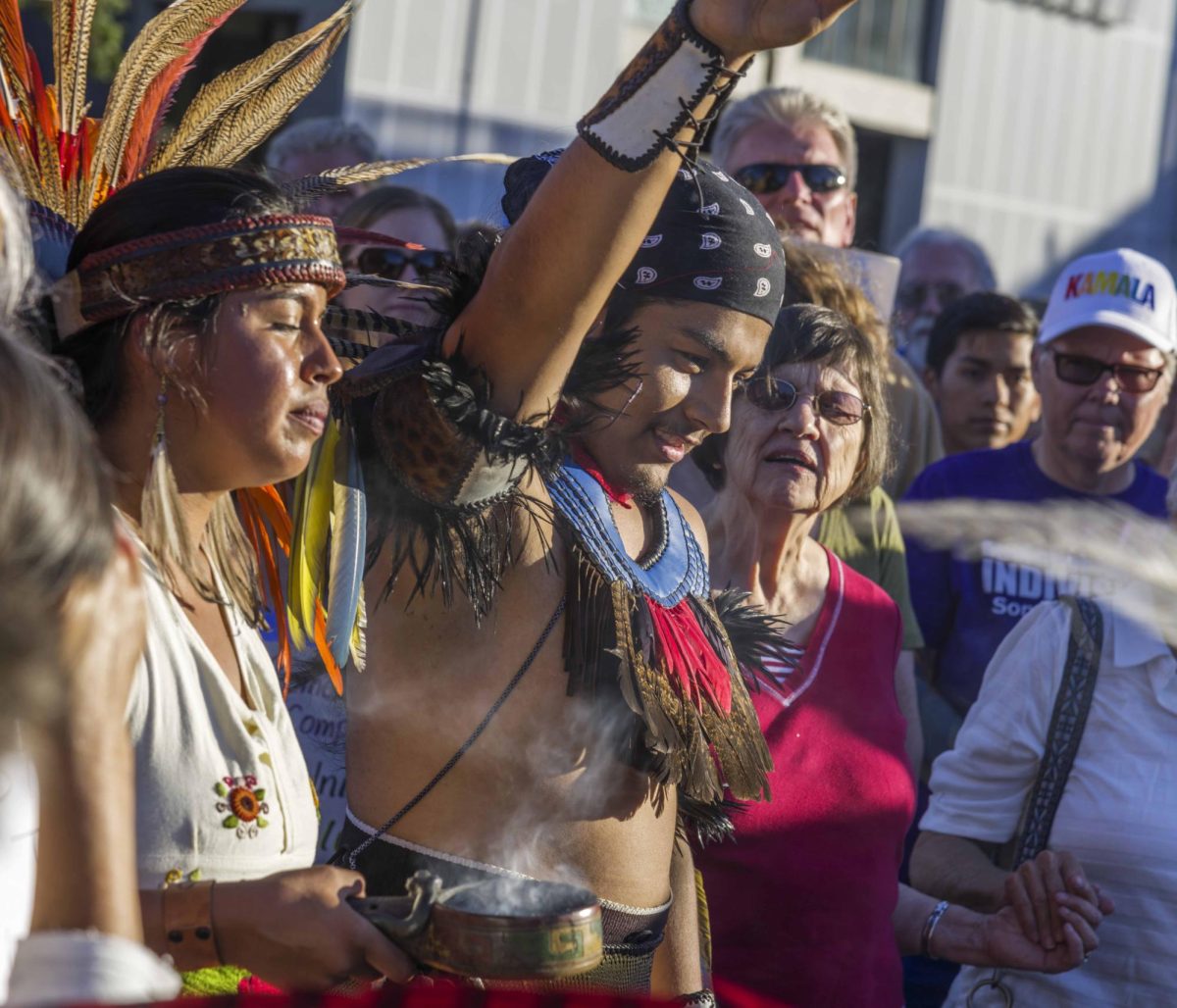Since April 9th, activists, lawmakers and regular Arizonans across the state responded to the shocking 4-to-2 Arizona Supreme Court ruling to uphold a pre-statehood law against abortion.
The ban was to begin at the moment of conception, criminalizing people who receive any type of abortion (via surgery or medication) and the medical professionals who are convicted of providing them care. The final nail in the coffin — the law did not make any exceptions for rape or incest; instead, permitting an abortion only when the mother’s life is at risk.
The law wouldn’t have gone into effect right away but many women were in fear of the ramifications.
Reproductive healthcare providers initially expected to continue their work through May because a lower court still needed to decide if the law was constitutional. Still, the immediate reaction was substantial.
All that changed two weeks ago when the Arizona Senate voted to repeal the ban with only two Republicans Senators and all fourteen Democrats voting for the repeal.
Protests and rallies have been held around the Valley and across the nation.
Healthcare Rising Arizona, a nonpartisan membership organization dedicated to improving the state’s healthcare system, partnered with Mobilize and Arizona for Abortion Access to organize petition signing events. The goal of the petition is to “qualify and pass an initiative to ensure that the Arizona constitution guarantees women […] have the right to decide what happens to their bodies.”
On April 12, Jacquelyn Fought signed the petition in Glendale.
“I come from a very conservative, religious background, but I found myself in need of abortion services with a wanted pregnancy,” she said.
Fought had a missed (or silent) miscarriage, which is when the baby dies but remains in the womb. She explained it to Northeast Valley News as her body thinking that she was 13 weeks pregnant when, in reality, the baby had either passed or failed to develop at 6 or 7 weeks.
“Under the blanket abortion bans, I would have had to wait until I was either hemorrhaging or septic before a doctor would be able to do anything for me — even though there was no heartbeat, there was no baby, there was absolutely nothing that could be done to save that pregnancy,” Fought said.
“Abortion is not just about getting rid of an unwanted pregnancy, it’s necessary women’s healthcare.”
Much has happened since the April 19th decision to make the Civil War era law enforceable again.
While the fate of Arizonans in need of abortion servicesremained uncertain, Democratic lawmakers fought to delay the ruling for even longer and scrambled to find ways to repeal the ban in the meantime.
In an effort to protect the right to choose, Democrats attempted to send bills through the Legislature that would rescind the ban and force Republicans to take a formal vote. They also emphasized the importance of this decision in the context of the upcoming elections.
However, Republicans initially prevented any movement bystalling the hearings and blocking the bills, many citing religious reasons and a desire to take it slow.
In the end, pro-choice members of the Senate acted with urgency because they believe abortion access to be one of the most significant issues in Arizona right now. Not to mention theimmense pressure from the public to stop the ban before it put the futures of 1.6 million Arizonans in danger.
On Wednesday, May 1, the repeal became law when two Republicans, state Sens. T.J. Shope and Shawnna Bolick, joined Democrats in a 16-14 vote repealing the near-total ban.
As expected, Arizona Governor, Katie Hobbs signed the repeal effectively relegating the almost total abortion ban that she called archaic.
If everything proceeds as planned, Arizona will return to enforcing a 15-week abortion ban.
The repeal will likely go into effect later this summer. Arizonans are expecting to see changes as early as June — 90 days after the 2024 Arizona legislative session ends. However, sources say it could take longer for it to become the law of the land, estimating anywhere from July to the fall.
Now that Arizona is in a holding period of sorts, whether or not the 1864 ban could still be put into effect is another topic of contention. Attorney General Kris Mayes and Planned Parenthood Arizona have been working to prevent a possible short-term imposition of the initial 1864 rule possibly by the Arizona Supreme Court.
What makes this ban in particular — and the state as a whole — so important is the Republican response. While Republican voters and lawmakers are still generally pro-life, many in the GOP have separated themselves from the views of their peers and spoken out against abortion bans.
Whether or not certain Republican candidates are backpedaling after the intensely negative response from Americans across the nation with regard to 1864 ruling— comes from a place of genuine concern for Americans right to choose—is up for debate, considering the timing.
Both Trump and Senate candidate Kari Lake have been opponents of abortion rights.
Lake has said in the past that she favored a federal ban on abortion and previously expressed support for Arizona’s recent near-total abortion ban even calling abortion a “sin” and was a loud opponent of abortion during her gubernatorial campaign.
Donald Trump has repeatedly bragged about being the one who single handedly overturned Roe v Wade, “nobody else even coming close” taking sole credit for ending the half-century and on his social media platform and his placing of the Supreme Court justices who were instrumental in ending Roe.
Politicians from either party recognize how divisive the issue of abortion is and where many Americans stand; 52% of U.S. adults self-identify as pro-choice. It’s clear that there is a “correct” side to this argument that political candidates would want to be on in order to garner more votes this November.
Regardless of their intentions, some Arizona Republicans contributed to the eventual repeal of this abortion ban.
It surprised many to learn that two Republicans, Shawnna Bolick and T.J. Shope, sided with the Arizona democrats.
Following their votes, the state Senators were met with harsh criticism from their own party. While Shope didn’t discuss his decision while voting or after the fact with reporters, Bolick said it was her own experience that led her to cross party lines. In a powerful statement, she shared that she once had to undergo a dilatation and curettage (D&C) procedure — the most common type of surgical abortion — to terminate her high-risk pregnancy.
While so much still remains unclear, one thing is certain: abortion is not a left or right issue. This fact became especially apparent after the 2022 overturning of Roe v. Wade and is getting increasingly harder to deny now that each state holds the power to enforce their own laws on the subject.
“I had to have [an abortion] 30 years ago,” said Susan, another Valley woman who signed the petition.
The Glendale woman who asked Northeast Valley News to use her first name only continued through her tears, “and if I didn’t, I would have died.”


